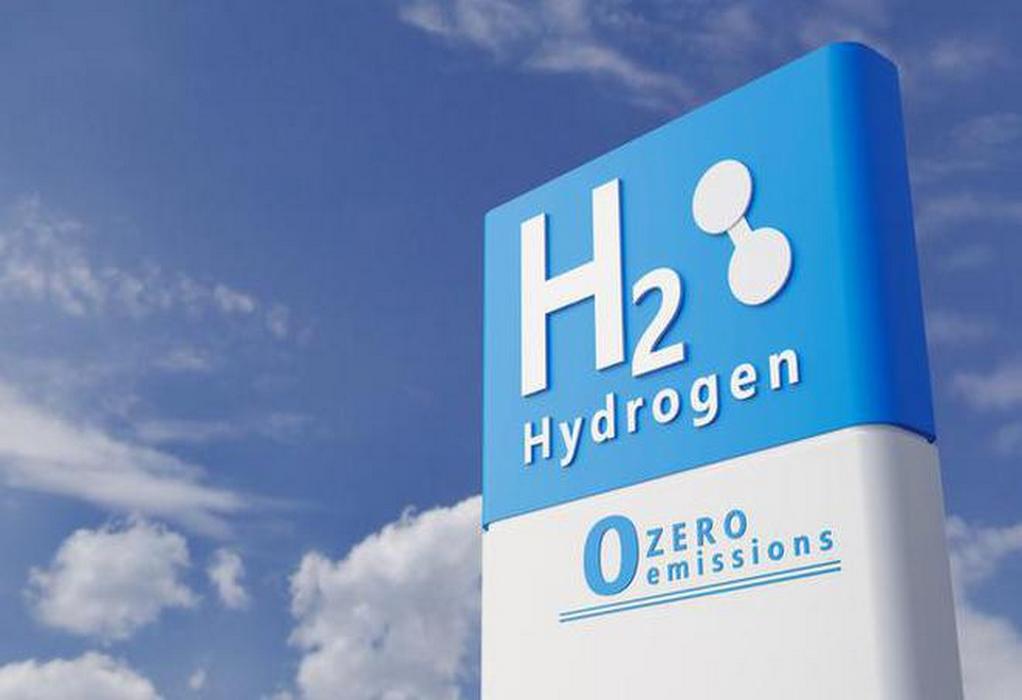Funding for researchers at Cranfield University to look at new ways to generate hydrogen energy from biomass has been announced by the UK Government.
The Project, which is called Bio-HyPER, is a collaboration between Cranfield University, Helical Energy, Bioenergy Infrastructure Group, Gas Technology Institute, Petrofac, and Origen Power.
The £250,000 funding for the Bio-HyPER project will allow Cranfield researchers to carry out a feasibility study looking at integrating biomass fuel into the HyPER pilot plant, which is currently under construction on campus.
The technology would allow biomass – organic products such as wood, grasses or used brewery hops – to be used to generate hydrogen while capturing CO2 emissions at the same time.
Rather than being burned, the biomass undergoes a process to turn it into a gas. The gas is then broken down into hydrogen and CO2, and a sorbent – a material used to absorb liquids or gases – is then used to capture the CO2.
The funding was announced by the Department for Business, Energy and Industrial Strategy (BEIS) through the Net Zero Innovation Portfolio (NZIP) as part of its Hydrogen BECCS (bioenergy with carbon capture and storage) Innovation Programme.
Tags: Biomass, Cranfield University, Funding, Hydrogen, UK Government



Recent Posts
Scandlines Nears Delivery of Zero Emissions Ferry Following Successful Sea Trials
India faces emission roadblocks with rising net-zero demands
Green Energy Resources invests in two electric Liebherr LHM 550
NYK Launches Continuous Use of Bio LNG Fuel on Car Carriers to Advance Decarbonization Goals
Yang Ming Expands Fleet with Methanol and LNG Dual-Fuel Vessels Under Fleet Optimization Plan
ClassNK Advocates Speed Gap Monitoring to Optimize Fuel Efficiency in Heavy Weather
Wärtsilä’s retrofit package for the Corsica Linea ferry Pascal Paoli has resulted in fuel savings of up to 22 percent Corsica Linea
COSCO Shipping Names Second Methanol Dual-Fuel Containership in Yangzhou